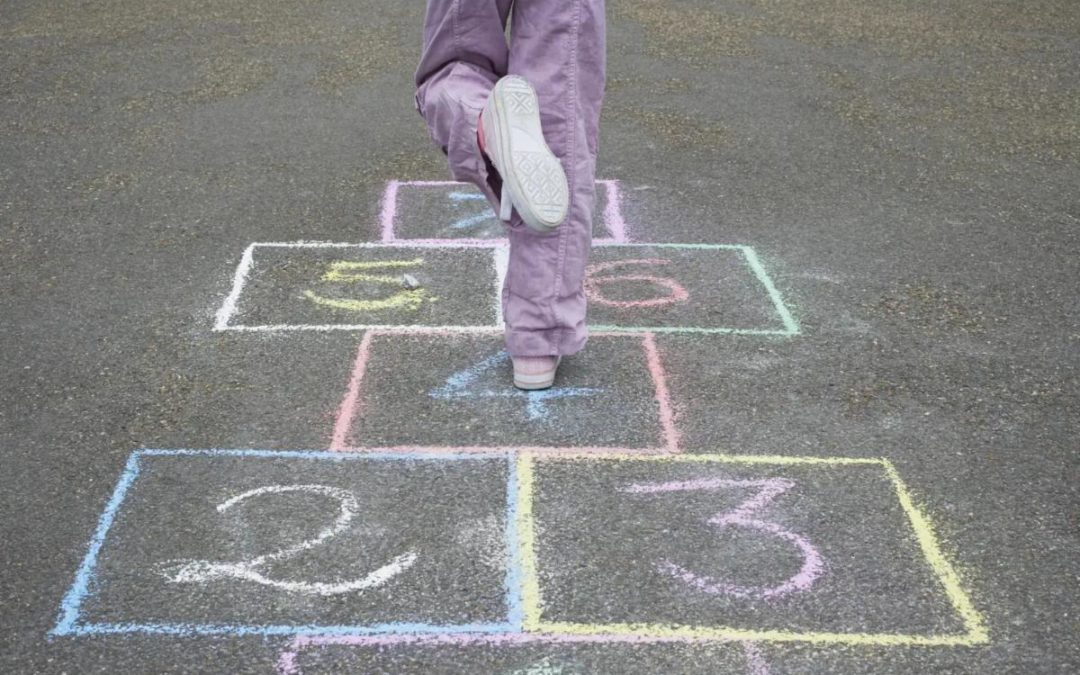What creates resiliency in children raised in poverty?
Graduate student Tin Nguyen (Vanderbilt University) was our BrainStorm 2019 winner for his pitch that sought to provide a deeper understanding of the relationships between resilience, brain structure, and enriching home reading environments in children subject to adversity or poverty. Mr. Nguyen works with Laurie Cutting, PhD (Vanderbilt University), and Stephanie Del Tufo, PhD (University of Delaware) to better understand what creates resiliency in children raised in poverty, as this can be a first step towards mitigating the negative impacts of childhood poverty.
How does income affect childhood brain development?
Neuroscientist and pediatrician Kimberly Noble is leading the Baby’s First Years study: the first-ever randomized study of how family income changes children’s cognitive, emotional, and brain development. Dr. Noble and a team of economists and policy experts are working together to find out: Can we help kids in poverty simply by giving families more money? In her TED Talk Dr. Noble says, “The brain is not destiny. And if a child’s brain can be changed, then anything is possible.”
Psychiatric and neurological problems are common in Covid-19’s wake, study finds
New research says growing up in a poor or disadvantaged neighborhood can alter the communication between brain regions involved in planning, goal-setting, and self-reflection. The Conversation looks at how these brain changes can have consequences for cognitive function and well-being, along with some good news about how positive home and school environments can mitigate some of these negative effects.

